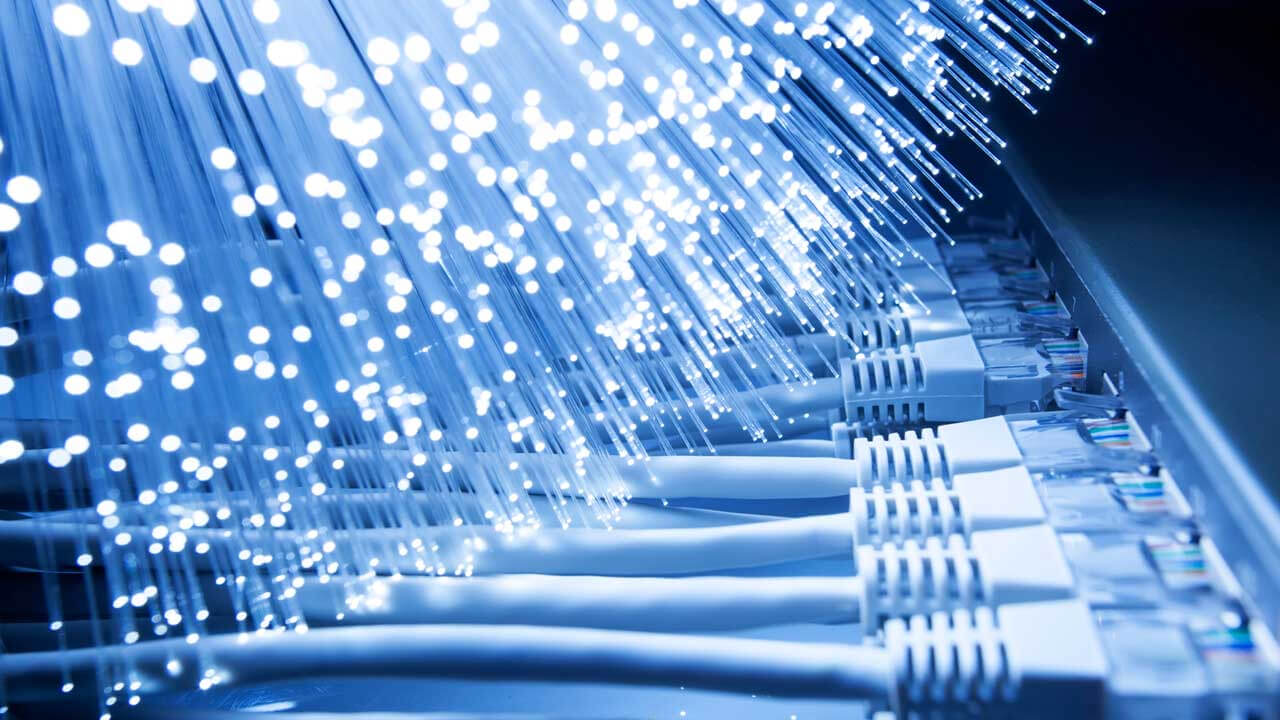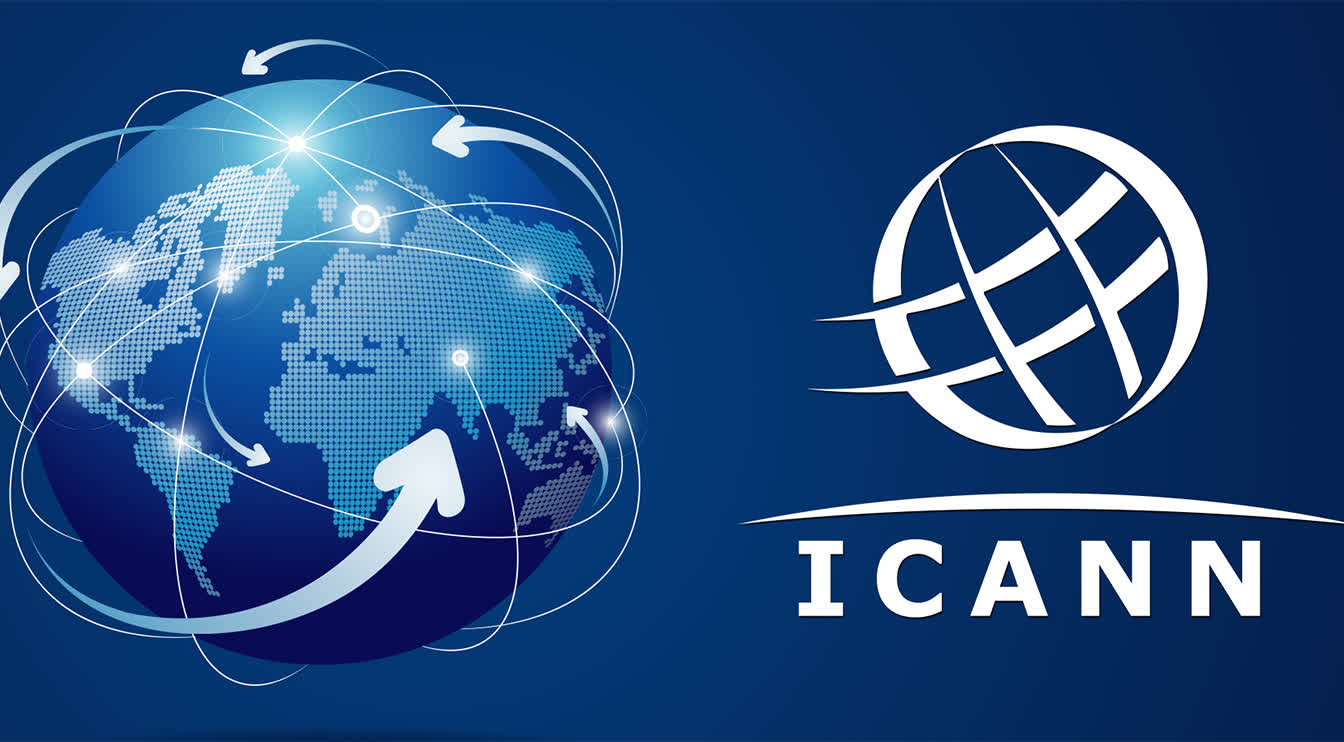[ad_1]
In a nutshell: Ukraine wants Russia’s internet access revoked, but doing so is difficult due to the web’s decentralized nature and could destabilize its core foundations. The Ukrainian government’s plea to ICANN for revocation of Russian domains has thus been rejected.
On Wednesday, March 2nd, Göran Marby, President of ICANN, replied to the government of Ukraine that it did not have the authority to grant its request to disconnect Russia from the internet. This is a rare instance of an organization acting in Russia’s favor, more so at a time when many others are taking drastic measures to pressurize the Russian economy and force the country’s armed forces into an immediate ceasefire.
The Internet Corporation for Assigned Names and Numbers, abbreviated as ICANN, is an American non-profit organization responsible for coordinating the maintenance and operational procedures of the internet’s Domain Name System (DNS), introduction of new Top-Level Domains (TLD), and the operation of root name servers. It officially came into existence on September 1998, and is currently headquartered in Los Angeles, California.
Ukrainian Vice Prime Minister, Mykhailo Fedorov, has urged ICANN to revoke Russian domains, including .ru, .рф, and .su domains. Requests were also made to “contribute to the revoking for SSL certificates” of those domains and take down Russia’s root DNS servers, helping disrupt internet access across the Russian Federation, which invaded Ukraine on February 24, 2022. Demanding stringent measures to prevent Russia from publicizing justifications for its act of aggression, Fedorov requested ICANN saying, “All of these measures will help users seek for reliable information in alternative domain zones, preventing propaganda and disinformation.”

ICANN, however, has denied the Ukrainian minister’s appeal, stating that the organization’s mission is to be neutral and apolitical. It cited the decentralized nature of the Internet as preventing any such arbitrary action.
“Our mission does not extend to taking punitive actions, issuing sanctions, or restricting access against segments of the internet – regardless of the provocations […] ICANN applies its policies consistently and in alignment with documented processes. To make unilateral changes would erode trust in the multi-stakeholder model and the policies designed to sustain global Internet interoperability,” replied Marby in a letter to Fedorov.
“We have no sanction-levying authority,” he added. “Essentially, ICANN has been built to ensure that the Internet works, not for its coordination role to be used to stop it from working.”

In response to the request to revoke top-level domains, Marby further said that “globally agreed policies do not provide for ICANN to take unilateral action to disconnect these domains as you request. You can understand why such a system cannot operate based on requests from one territory or country concerning internal operations within another territory or country. Such a change in the process would have devastating and permanent effects on the trust and utility of this global system.”
As for revocation of SSL certificates, he noted that ICANN does “not have the ability to revoke the specific SSL certificates for the domains you mentioned. These certificates are produced by third-party operators, and ICANN is not involved in their issuance.”
Marby said that independent operators are in charge of maintaining Russian DNS root servers and hence ICANN is unable to shut them down. Moreover, the organization’s policies are designed to ensure independent operation.
Expert opinion is that granting Ukraine’s requests would have little effect on Russian military operations as the military uses its own networking and communication infrastructure that is disparate from the everyday internet we civilians are familiar with. It would, however, help the Russian authorities to silence any internal civilian opposition to the invasion that is starting to emerge across the largest country in the world.
As of writing, Fedorov has not responded to ICANN’s refusal to the request. The Ukrainian government, meanwhile, has been requesting tech giants to pressure Russia in any way possible. Apple has stopped selling its physical goods through online channels in Russia. They have also barred Russian apps from the rest of the global market. Microsoft has halted sales of new products and services in Russia. Similarly, Google has paused all ads in Russia across all products. EA announced that it will remove the Russian national team and all Russian clubs from popular video games FIFA 22 and NHL 22. In a tit-for-tat move, Russian authorities have reportedly blocked Twitter, Facebook and various Western news sites.
Whether any of this leads to peace for the Ukrainian people remains to be seen.
Image credit: Wikimedia Commons




